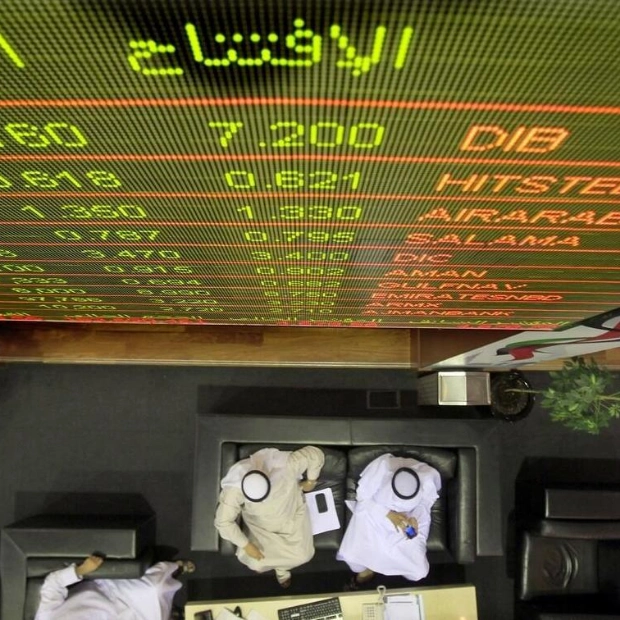A land of timeless beauty, rich history, and unparalleled cultural heritage, Italy has always fascinated travelers worldwide. With the appointment of Alessandra Priante as the new president of the Italian National Tourist Board (ENIT), the country's tourism sector is poised for a new chapter.
Priante's extensive career, including her groundbreaking role as the director for Europe at the UNWTO and her leadership at the MIPAAFT, signifies a pivotal moment in Italy's tourism landscape. She has outlined key priorities such as promoting sustainable and responsible tourism, fostering innovation and digitization, enhancing training for tourism operators, and showcasing Italy's cultural and environmental heritage.
Her vision as the President of ENIT includes refining the country's tourism strategy, diversifying offerings, intensifying training efforts, and targeting key markets in Asia and the Middle East to increase tourism flows throughout the year.
Italy's strategies as a tourist destination involve curating unique experiences beyond bustling cities, prioritizing the human element in tourism, and focusing on social, economic, and environmental sustainability. There is also a concerted effort to enhance tourism from GCC countries by improving connectivity, targeting younger segments, and embracing innovation and digitalization in response to evolving traveler needs.
Sustainability initiatives are at the forefront of ENIT's strategy, encompassing environmental, economic, and social aspects, ensuring that every interaction contributes positively to the local economy and community. Prioritizing social sustainability, Italy aims to create a tourism product that endures into the future, emphasizing authentic interactions and community involvement.
A digital transformation is underway, with ENIT embracing AI and digitalization to provide personalized experiences and streamline operations. This aligns with the thematic priorities of the upcoming G7 summit, signaling the government's commitment to the tourism sector as a driver of economic growth and cultural exchange.






